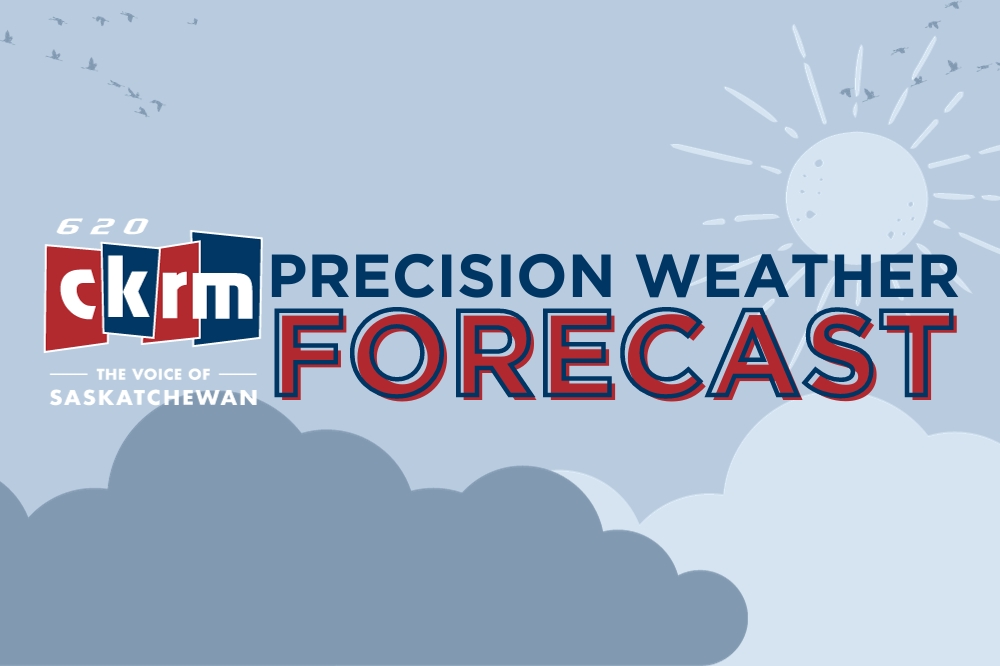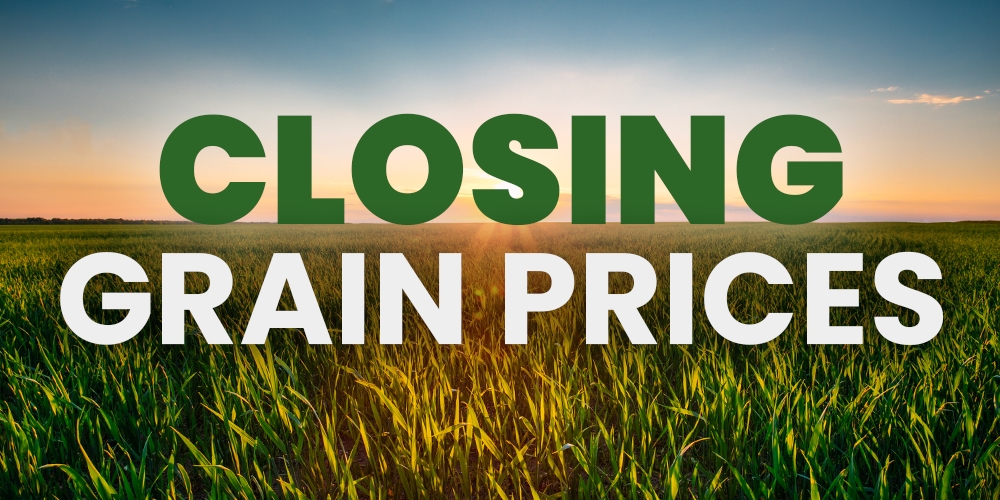Companies that already offer ways to allow rent payments to count toward credit scores are welcoming the plan by the federal government to make the practice more widespread.
Andrew Graham, chief executive of Borrowell, said Thursday he was encouraged by the government’s commitment.
“We’ve been saying for a couple of years now, how important it is for consumers to be able to report rental payments to build up their credit history, so I was pleased to see the government taking some action.”
Prime Minister Justin Trudeau said Wednesday that there’s something fundamentally unfair about paying $2,000 a month for rent, while those paying the same amount toward a mortgage earn equity in their home and build their credit score.
He said the government wants landlords, banks and credit bureaus to make sure rental history is taken into account on credit scores, giving young first-time buyers a better chance at getting a mortgage, with a lower interest rate.
Graham said open banking, which will allow consumers to safely share their banking data to third party financial players like Borrowell, is crucial to the success of the program.
“What we’ve been telling the government and, and frankly, anyone who will listen, is that what we really need is open banking.”
Zac Killam, CEO of FrontLobby, which also offers rent reporting to credit bureaus, said that for years he’s been working to get more adoption.
“We welcome all efforts to increase education and awareness of the tremendous benefits rent reporting can have,” he said by email.
Reporting rental income, however, only helps a credit score if it’s regularly paid on time. With the sharp rising cost of rents, and overall living costs, many are under strain and may not benefit, cautioned Elizabeth Mulholland, chief executive of charity Prosper Canada.
“It’s a double-edged sword.”
She said it’s important people have control over whether they want the data to be shared with credit bureaus.
“If you just blanket build it in, that could be problematic for a lot of low income people and vulnerable people,” said Mulholland.
“You don’t want to set those people further behind. And those challenges go right up the income scale well into the middle class.”
She also said the program should be done in the context of open banking, where there are structures in place to protect both the data, and how it’s used.
The Canadian Bankers Association said in a statement that it works collaboratively with government to explore new ways to serve Canadians and will assess the impact of the new policy as details are revealed.
More details on the program are expected in the upcoming federal budget.









